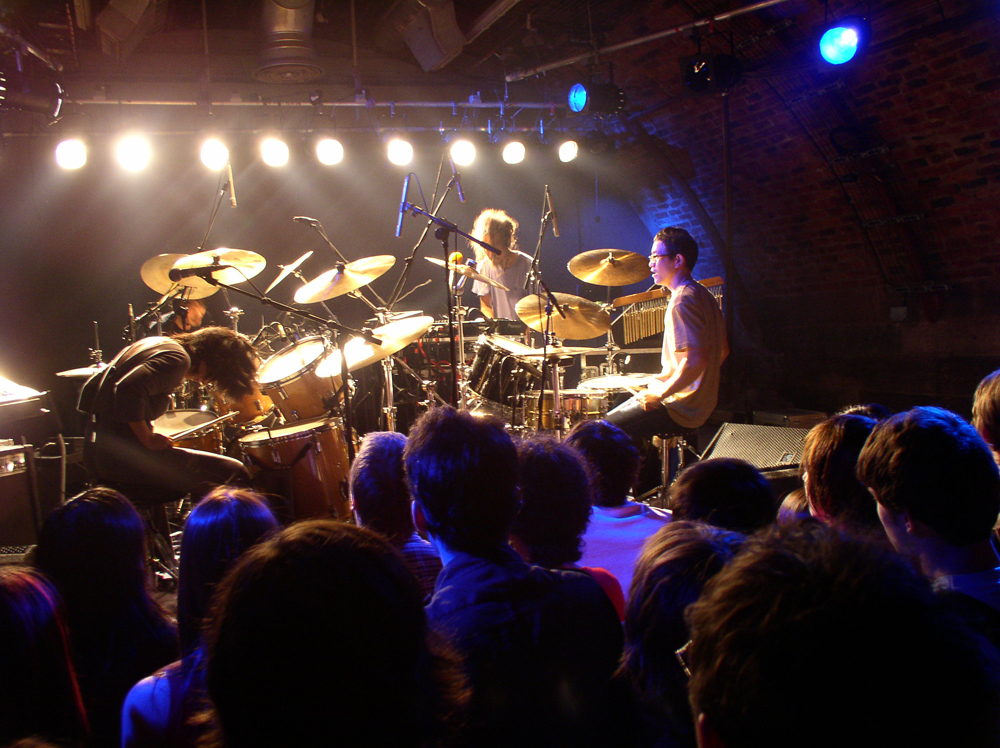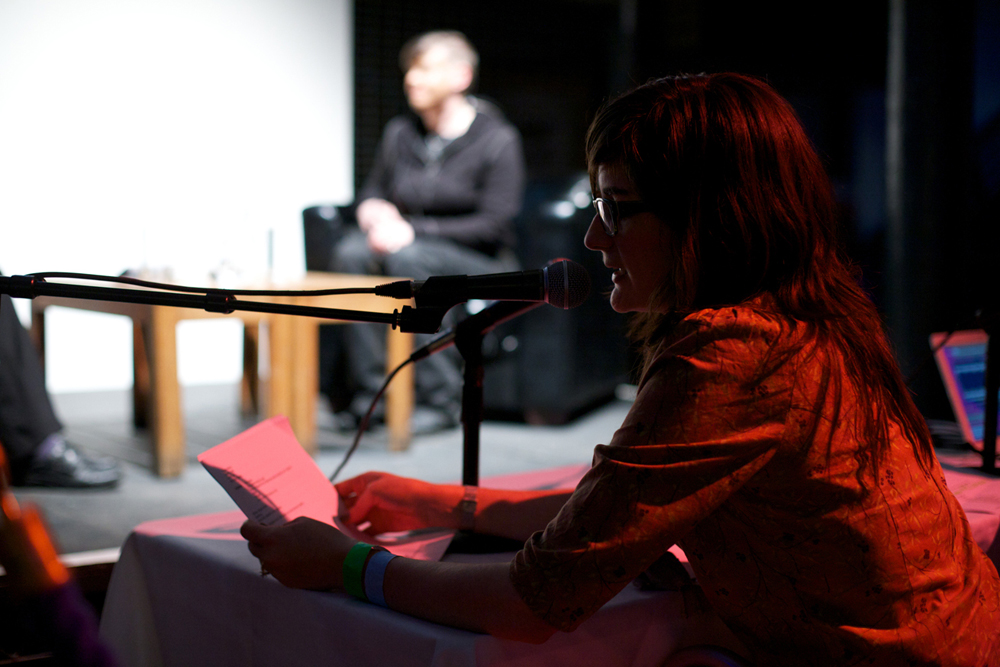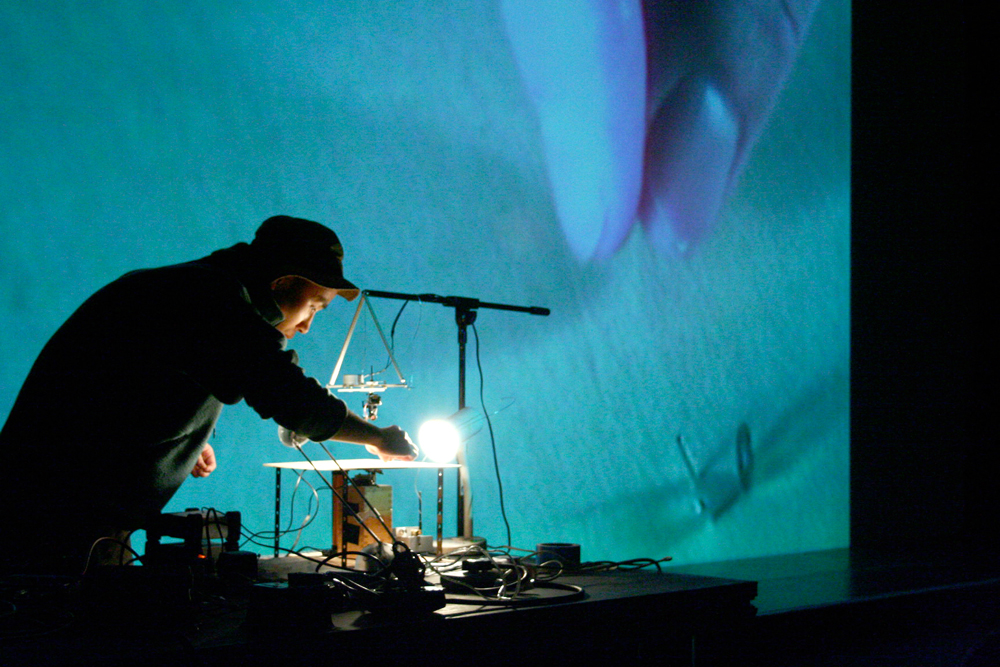
Smoo Cave
Akio Suzuki John Butcher
Akio Suzuki and John Butcher performing in a remote sea cave near Durness.
Arika have been creating events since 2001. The Archive is space to share the documentation of our work, over 600 events from the past 20 years. Browse the archive by event, artists and collections, explore using theme pairs, or use the index for a comprehensive overview.

Akio Suzuki and John Butcher performing in a remote sea cave near Durness.

Multiple images, glimpses of old films, abstract images in the midst of an electro-acoustic sound field of tape loops & analogue synthesizers

A conversation between influential figures thinking through Blackness and Indigeneity, asking: what if we took seriously the possibility that this world, as we know it, may be coming to an end? We dread the loss of this world, but have we begun to imagine the one to come?

Rare UK performance by legendary Japanese post punk group during their 4 drummers + synth / vocals phase.

Each organ is unique. The project is to find out what makes it unique.

A series of reality dramas happening over the course of the weekend.

Kanta is a young Japanese artist with a home-made, short circuited take on electronics and physical phenomena which he uses in performance to produce close circuit systems of audio / video feedback.